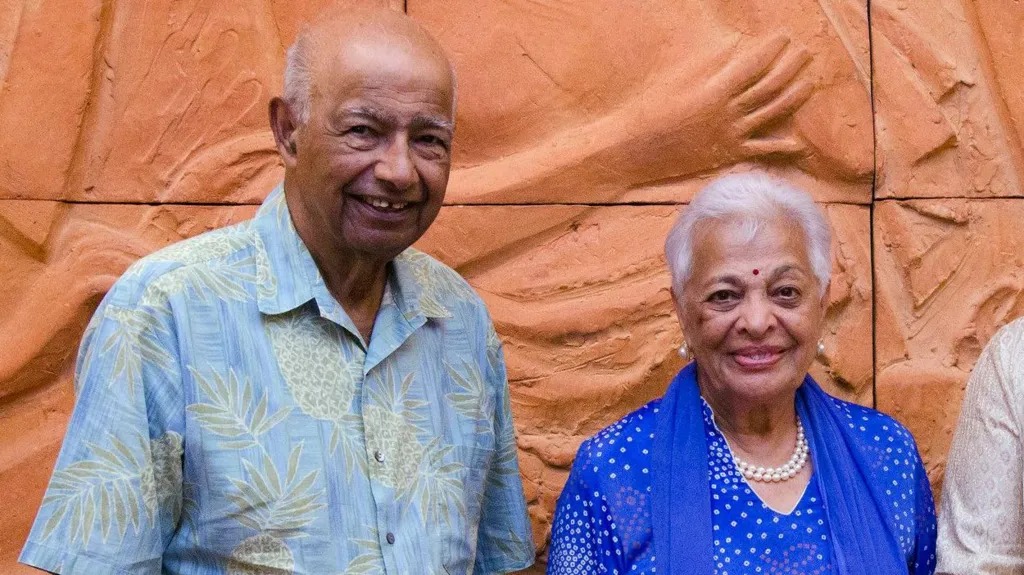
The Watumull Family: Pioneers of Indian Business in Hawaii
In 1915, Jhamandas Watumull, a 29-year-old Indian entrepreneur, arrived in Honolulu, Hawaii, to establish a retail shop with his partner Dharamdas. Their business, initially named Watumull & Dharamdas, sold exotic goods like silks, ivory crafts, and brassware from the East.
Despite early challenges, including Dharamdas’ untimely death, the Watumull family laid the foundation for what would become a business empire spanning retail, real estate, and philanthropy. Today, the family’s name is deeply woven into Hawaii’s rich history.
The Growth of the Watumull Business
Jhamandas brought his brother Gobindram Watumull to manage their Honolulu store while he expanded operations in Manila. In 1937, Gobindram built the Watumull Building in Waikiki to house the company’s headquarters. By 1957, the business had grown into a multi-million-dollar enterprise with 10 stores, real estate holdings, and global reach.
The family’s contributions to Hawaiian fashion include their role in popularizing the iconic Aloha shirt, featuring bold island patterns first designed by Elsie Jensen, Gobindram’s sister-in-law.
Challenges and Triumphs
The Watumull family faced significant hurdles, including discrimination and restrictive immigration laws. Gobindram only became a US citizen in 1946 after legislative changes allowed Indian nationals to naturalize. His wife, Ellen Jensen, lost her citizenship for marrying a non-citizen but regained it in 1931 after advocating for reform.
Despite these challenges, the family persevered. They navigated India’s 1947 partition, rebuilt their lives in Hawaii, and expanded their business. In 1955, the brothers divided the company, with Jhamandas retaining the retail side and Gobindram focusing on real estate.
Legacy of Philanthropy and Cultural Exchange
The Watumull Foundation, established in 1946, has funded educational institutions, art programs, and India-Hawaii cultural exchanges. Notable contributions include sponsoring lectures by Dr. S. Radhakrishnan, India’s future president, and supporting India’s independence movement through advocacy in the US.
Gobindram’s wife Ellen also played a pivotal role in establishing India’s first birth control clinics, reflecting the family’s lasting impact on public health and education.
Shifting Focus to Real Estate
In recent years, the Watumull business has transitioned to real estate. The family closed their last retail store in 2020, marking the end of an era. Today, Watumull Properties oversees significant commercial holdings, including a 205,000 sq ft marketplace in Hawaii.
JD Watumull, the company president, affirms the family’s commitment to Hawaii’s future:
“The Hawaiian Islands continue to be our family’s focus today and in the future.”
External Link: Learn more about the Watumull legacy at BBC News.
Internal Link: Explore inspiring entrepreneurial stories at Kenkou Land.






